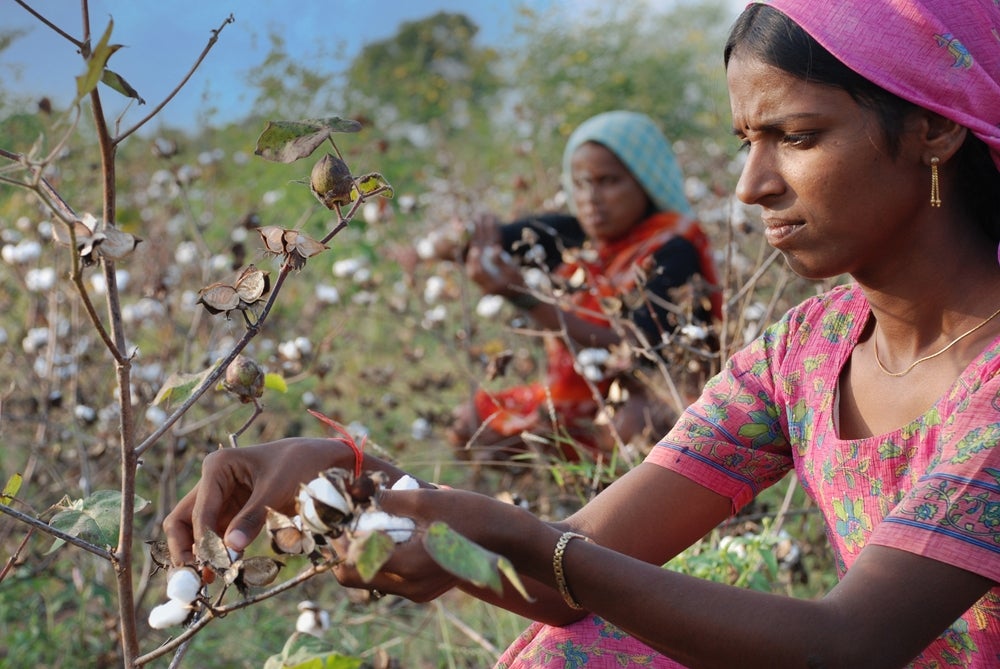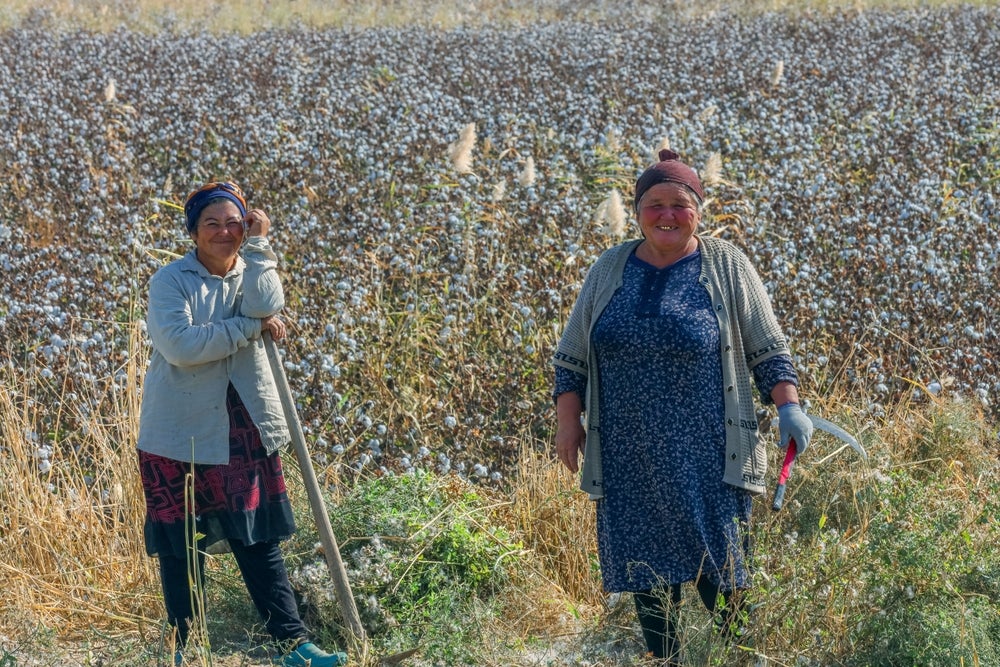
The Government of Sweden has joined forces with the International Trade Centre (ITC) – a joint agency of the World Trade Organization and the United Nations – to initiate a three-year programme aimed at strengthening the international competitiveness of textiles and clothing producers in Egypt, Jordan, Morocco and Tunisia.
The ‘Strengthening the International Competitiveness of the Textile and Clothing Sector in selected Middle East and North African Countries’ (MENATEX) project is being funded with SEK42m (US$4.63m) from the Swedish Government and implemented by ITC and in collaboration with the Swedish International Development Cooperation Agency (Sida).
It is intended to support the four countries to build sustainable export-oriented sectors with increased sales to traditional markets in Europe and North America along with new markets in sub-Saharan Africa.
It promises to boost exports, create jobs and raise incomes across the Middle East and North Africa region, while strengthening regional economic integration among the four countries under the Agadir Agreement; their 14-year old trade accord.
More specifically, the project will focus on bolstering the capacities of national institutions such as textile and clothing business associations and training centres to help better support local businesses to export. This will involve improving internal management processes and service portfolio development. The project will also work directly with domestic enterprises, providing advisory services, training and coaching designed to help firms move up the value chain from cutting and sewing to fabric sourcing, product and design development, and branding.
“This new programme will further cement ITC’s partnership with Sida in a sector that is crucial for trade and job creation in developing countries, particularly for women and youth,” said ITC executive director Arancha González. “It is particularly satisfying that the new initiative will build on ITC support for the sector in Egypt, Morocco, and Tunisia through the Swiss-financed Global Textile programme (GTEX), while allowing us to start working in Jordan.”
How well do you really know your competitors?
Access the most comprehensive Company Profiles on the market, powered by GlobalData. Save hours of research. Gain competitive edge.

Thank you!
Your download email will arrive shortly
Not ready to buy yet? Download a free sample
We are confident about the unique quality of our Company Profiles. However, we want you to make the most beneficial decision for your business, so we offer a free sample that you can download by submitting the below form
By GlobalDataGlobal trade in textiles and clothing stood at US$751bn in 2017, of which the four target countries in the programme accounted for $10.8bn. With $3.7bn in exports, Morocco leads the four, followed by Egypt ($2.8bn), Tunisia ($2.6bn) and Jordan ($1.7bn).
The vast majority of products from Morocco and Tunisia go to the European Union (EU), while Egypt and Jordan’s top export destination is the US. To expand and diversify exports, the four countries will have to complement their existing production base and market connections with new products and markets and upgraded customer service, the ITC says.
A regional component of the programme will foster cooperation across the four parties to the Agadir Agreement to share good practices, notably on how the textiles and clothing sector can drive rural job creation. It will also carry out activities such as trade fair participation and marketing campaigns to promote the MENA region as an attractive garment-sourcing destination for Europe and North America due to proximity and short shipping times.
The project will also explore regional trade opportunities in Sub-Saharan Africa, which offers potential for companies to extend their brands and to supply specialised products such as protective wear for the extractive industry.
The MENATEX project aligns with several of the United Nations’ Sustainable Development Goals (SDGs), including contributing to women’s full and effective participation in business, trade, and equal opportunities (SDG 5), and the integration of developing-country small and medium-sized enterprises into global value chains and markets (SDG 9).







